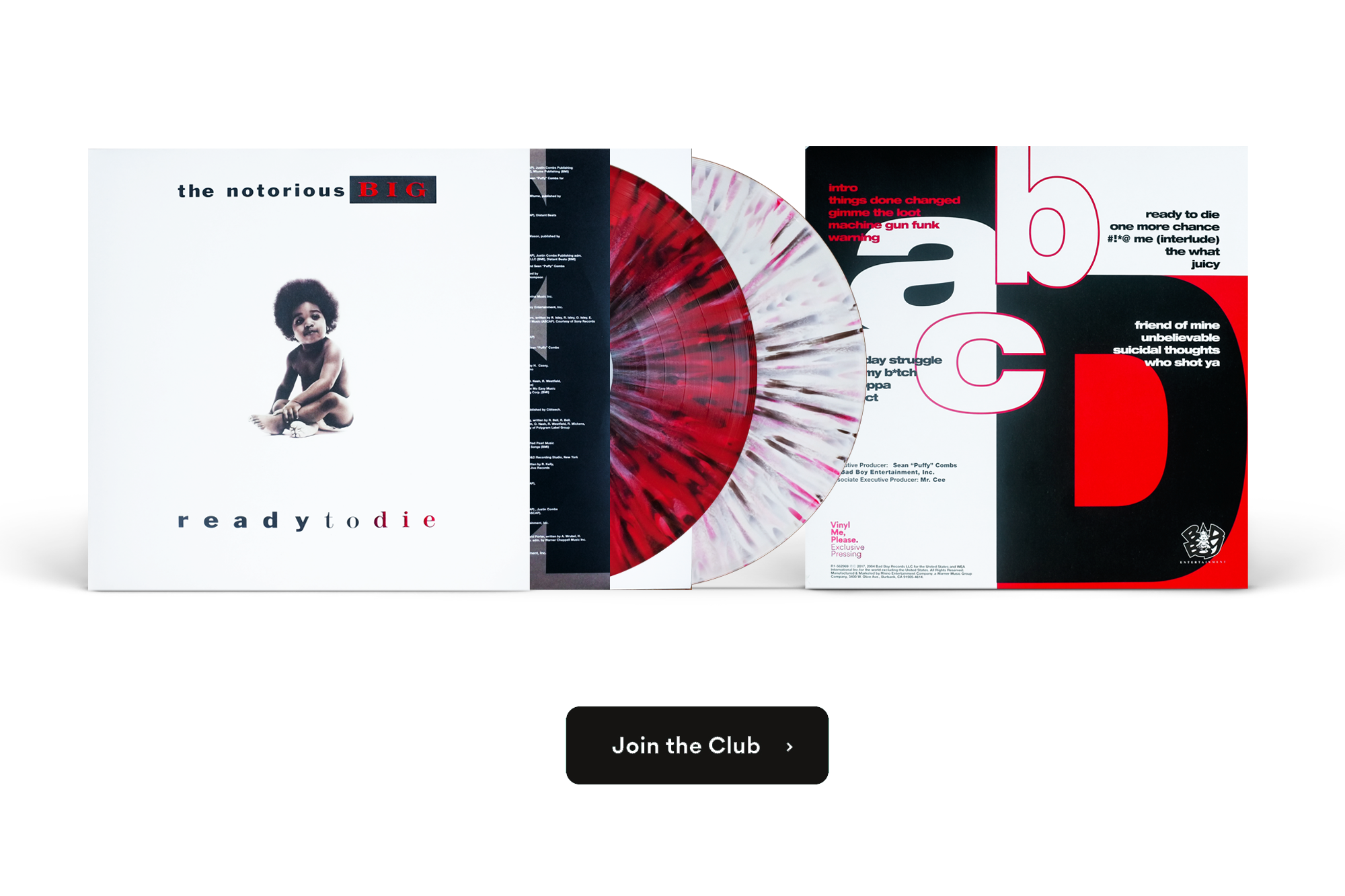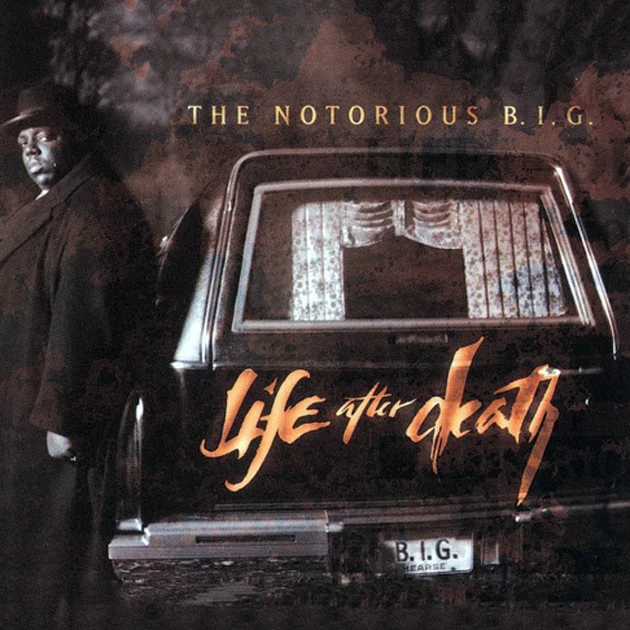
Twenty years later we continue to wrestle with the meaning and impact of these young women coming on the rap scene boasting tales of sexual exploits, polyamorous desires, closets filled with designer clothes, and violence. Whereas my parents were concerned about their daughter’s adolescent sexuality, the sexual content of these albums also raised eyebrows about if these women really wrote these stories of insatiable sexual appetites and raucous sexual escapades.įrom questions about authorship to the pervasiveness of sexually explicit visual and lyrical content, to the glamorizing and eroticizing of the “ride or die bitch,” the significance of these albums resounds on several frequencies.

I never asked, but I think they were most shocked, as were many folks, that young women would rap about such “racy” things. The more I rapped along to Kim’s “That’s how many times I wanna cum, 21/And another one, and another one, and another one/24 carats nigga” or Foxy’s “wanna taste the shit/Put me on a bass, and throw your face in it, fucker/Na Na, y’all can't touch her/My sex drive all night like a trucker/Let alone the skills I possess,” the more visible my parents’ discomfort became. Those lyrics and my affinity for them also forced my mother and father to consider the possibility of their teenage daughter exploring her own sexuality. I still remember my mother’s face as I rapped along to “Now watch mama go up down…” on Lil’ Kim’s “No Time.” Little did she know the uncensored lyrics immediately following were “Before you nut, I’ma dribble down your butt cheeks/Make you wiggle, then giggle just a little/I’m drinkin’ babies.” Although my parents continued their policy of not censoring my listening, I think those words coming from the mouths of such “young women” unsettled them because of their own investment in raising a “young lady.” The overtly sexual lyrics, even in the radio edit versions of the singles, made my mother clutch her proverbial pearls.

The unprecedented commercial success of two solo female rap artists marked a particular moment in hip-hop history. Ill Na Na was certified platinum within three months of its release. Hard Core was RIAA certified double platinum and produced three consecutive No. The back-to-back releases and subsequent commercial success of these projects was a watershed moment in hip-hop. A week later, Foxy Brown released her debut, Ill Na Na. 12, 1996, Lil’ Kim dropped her first solo album, Hard Core. In November 1996, however, my parents’ relatively open approach to my engagement with hip-hop was challenged by the debut albums of two rap artists. On a basic level, my mom and dad enjoyed rap music, and they understood why I loved it. My dad always impressed me with his ability to identify samples of his favorite artists in the tracks of my favorite artists. They were aware of the frequent usage of profanity, but they also considered it “youth music.” In several instances, the songs I listened to and the music videos I watched prompted thoughtful conversations with my parents about issues such as the failings of the War on Drugs, racial profiling and police brutality, HIV/AIDS and other sexually transmitted diseases, and black nationalism. I was allowed to listen, watch, and dance. My parents never fully censored my intake of hip-hop. I loved artists from New York, Houston, Cleveland, Atlanta, Memphis, Philadelphia, Compton, New Jersey, and Oakland. Perhaps because of where I grew up, I never rode for one region in particular when it came to music. Having recently moved to a suburb of the nation’s capital after spending my childhood in the heart of northeast Washington, D.C., and having begun school at an elite private institution in northwest Washington, hip-hop became a vehicle through which I could stay connected to the communities that shaped and anchored me in a distinct working-class black experience. I loved hip-hop: the clothes, the bravado, the audacity, the arrogance, the opulence, the stories, the beats, the dances.

The summer prior, I spent time perfecting my nascent “diva” style. I felt so grown walking into my first class as a 9th grader.
/cdn.vox-cdn.com/uploads/chorus_image/image/62623918/tumblr_pj6k7gmJgY1tofknzo1_540.0.png)
I have many memories from my freshman year of high school. This is part of Complex's The 1996 Project: Looking Back at the Year Hip-Hop Embraced Success.


 0 kommentar(er)
0 kommentar(er)
